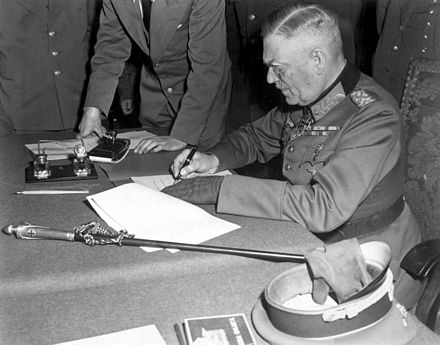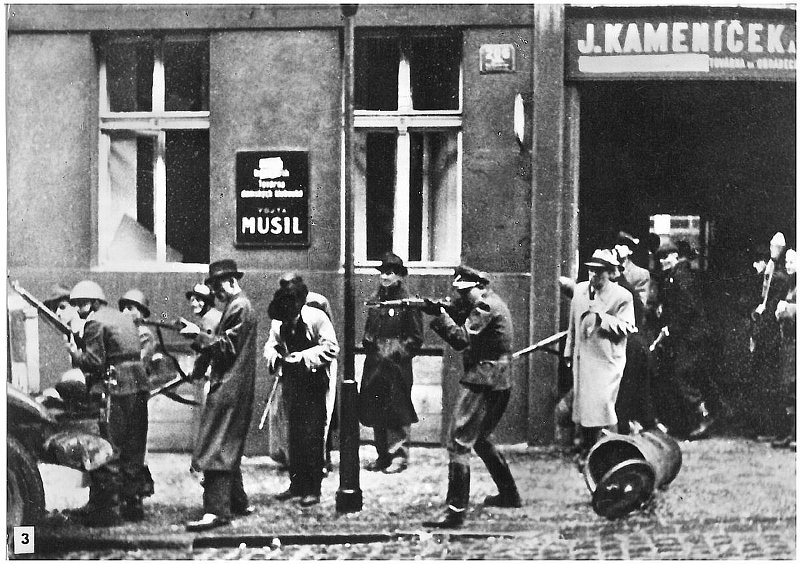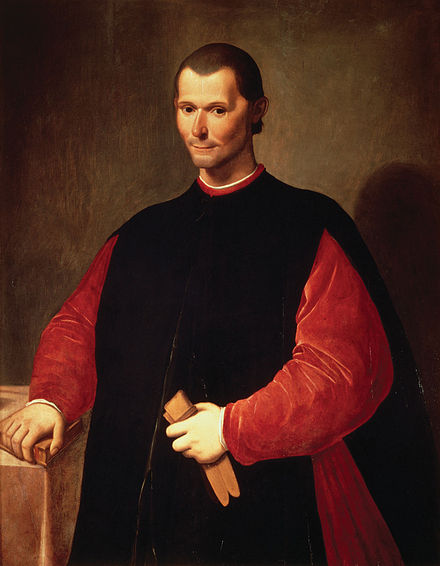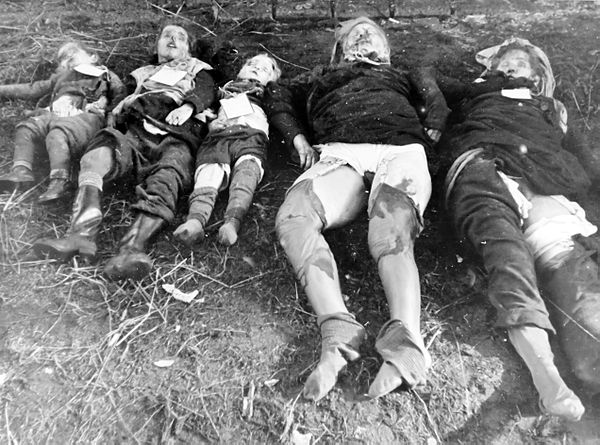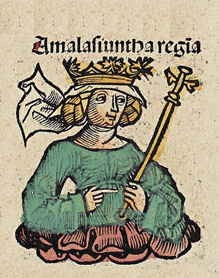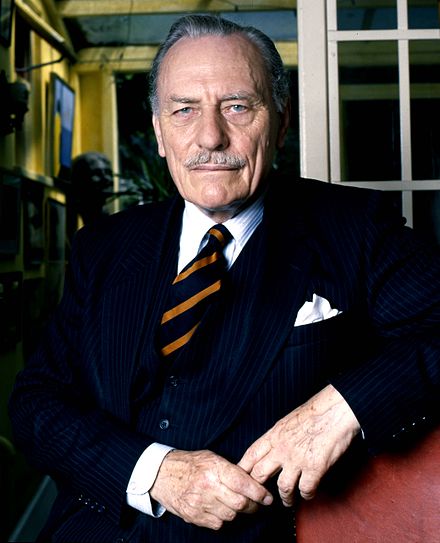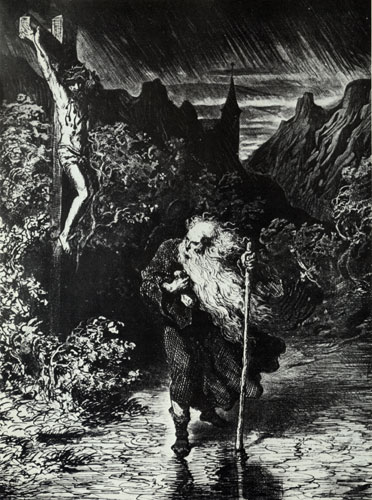
The story of the Wandering Jew
According to Chambers Book of Days: On the 22nd of April 1774, the Wandering Jew, or some individual who had personated him, appeared in Brussels, where he told his story to the townsfolk.
The story of the Jew who had witnessed the Crucifixion, and had been condemned to live and wander over the earth until the time of Christ’s second coming, while it is one of the most curious of the mediaeval legends, has a peculiar interest for us, because, so far as we can distinctly trace its history, it is first heard of with any circumstantial details in our island. The chronicler of the abbey of St. Albans, whose book was copied and continued by Matthew Paris, has recorded how, in the year 1228, ‘a certain archbishop of Armenia Major came on a pilgrimage to England to see the relics of the saints, and visit the sacred places in this kingdom, as he had done in others; he also produced letters of recommendation from his Holiness the Pope to the religious men and prelates of the churches, in which they were enjoined to receive and entertain him with due reverence and honour. On his arrival, he came to St. Albans, where he was received with all respect by the abbot and monks; and at this place, being fatigued with his journey, he remained some days to rest himself and his followers, and a conversation took place between him and the inhabitants of the convent, by means of their interpreters, during which he made many inquiries relating to the religion and religious observances of this country, and told many strange things concerning the countries of the East.
In the course of conversation he was asked whether he had ever seen or heard anything of Joseph, a man of whom there was much talk in the world, who, when our Lord suffered, was present and spoke to him, and who is still alive, in evidence of the Christian faith; in reply to which a knight in his retinue, who was his interpreter, replied, speaking in French:
“My Lord well knows that man, and a little before he took his way to the western countries, the said Joseph ate at the table of my lord the archbishop in Armenia, and he has often seen and held converse with him.” He was then asked about what had passed between Christ and the said Joseph, to which he replied, “At the time of the suffering of Jesus Christ, he was seized by the Jews and led into the hall of judgment before Pilate, the governor, that he might be judged by him on the accusation of the Jews; and Pilate finding no cause for adjudging him to death, said to them, ‘Take him and judge him according to your law;’ the shouts of the Jews, however, increasing, he, at their request, released unto them Barabbas, and delivered Jesus to them to be crucified. When therefore the Jews were dragging Jesus forth, and had reached the door, Cartaphilus, a porter of the hall, in Pilate’s service, as Jesus was going out of the door, impiously struck him on the back with his hand, and said in mockery, ‘Go quicker, Jesus, go quicker; why do you loiter and Jesus, looking back on him with a severe countenance, said to him, ‘I am going, and you will wait till I return.’ And, according as our Lord said, this Cartaphilus is still awaiting his return.
At the time of our Lord’s suffering he was thirty years old, and, when he attains the age of a hundred years, he always returns to the same age as he was when our Lord suffered. After Christ’s death, when the Catholic faith gained ground, this Cartaphilus was baptized by Ananias (who also baptized the apostle Paul), and was called Joseph. He dwells in one or other division of Armenia, and in divers Eastern countries, passing his time amongst the bishops and other prelates of the church; he is a man of holy conversation, and religious; a man of few words, and circumspect in his behaviour, for he does not speak at all unless when questioned by the bishops and religious men, and then he tells of the events of old times, and of those which occurred at the suffering and resurrection of our Lord, and of the witnesses of the resurrection, namely, those who rose with Christ, and went into the holy city, and appeared unto men.
He also tells of the creed of the apostles, and of their separation and preaching. And all this he relates without smiling or levity of conversation, as one who is well practised in sorrow and the fear of God, always looking forward with fear to the coming of Jesus Christ, lest at the last judgment he should find him in anger, whom, when on his way to death, he had provoked to just vengeance. Numbers come to him from different parts of the world, enjoying his society and conversation; and to them, if they are men of authority, he explains all doubts on the matters on which he is questioned. He refuses all gifts that are offered to him, being content with slight food and clothing.”‘
Such is the account of the Wandering Jew left us by a chronicler who was contemporary with what he relates, and we cannot doubt that there was such a person as the Armenian in question, and that some impostor had assumed the character of the Jew who was supposed to be still wandering about the world, until in the middle of the sixteenth century he made his appearance in Germany. He had now changed his name to Ahasuerus, and somewhat modified his story:
It was again a bishop who had seen him, when he attended a sermon at Hamburg, where a stranger appeared in the winter of 1542, who made himself remarkable by the great devotion with which he listened. When questioned, he said that he was by nation a Jew, that his original occupation had been that of a shoemaker, that he had been present at the passion of Jesus Christ, and that since that time he had wandered through many countries. He said that he was one of the Jews who dragged Christ before Pilate and were clamorous for his death, and on the way to the place of crucifixion, when Jesus stopped to rest, he pushed him forward, and told him rudely to go on. The Saviour looked at him, and said, ‘I shall stop and repose, but thou shalt go on;’ upon which the Jew was seized with an irresistible desire to wander, and had left his wife and children, whom he had never seen since, and had continued to travel from one country to another, until he now came to Germany.
The bishop described him as a tall man, apparently of about fifty years of age, with long hair, which hung down to his shoulders, who went barefooted, and wore a strange costume, consisting of sailor’s trousers which reached to the feet, a petticoat which descended to the knees, and a mantle which also reached to the feet. He was always taciturn, was never seen to laugh, ate and drank little, and, if anybody offered him money, he never took more than two or three pence, which he afterwards gave away in charity, declaring that God contributed to all his wants. He related various events which he had seen in different countries and at different times, to people’s great astonishment.
All these details, and many more, are told in a letter, dated the 29th of June 1564, which was printed in German and in French. On this occasion the Jew spoke good German, in the dialect of Saxony; but when he, or another person under the same character, appeared in the Netherlands in 1575, he spoke Spanish. A few years later the Wandering Jew arrived in Strasburg, and, presenting himself before the magistrates, informed them that he had visited their city just two hundred years before, ‘which was proved to be true by a reference to the registers of the town.’
The Wandering Jew proceeded next to the West Indies, and returned thence to France, where he made his appearance in 1604, and appears to have caused a very considerable sensation. As during the time he was there the country was visited by destructive hurricanes, it was believed that these visitations accompanied the Jew in his wanderings, and this belief became so general that at the present day, in Brittany and Picardy, when a violent hurricane comes on, the peasantry are in the habit of making the sign of the cross, and exclaiming, ‘C’est le Juif-errant qui passe!‘ Various accounts of the appearance of the Wandering Jew in differents parts of France at this time were printed, and he became the subject of more than one popular ballad, one of which is well known as still popular in France, and is sold commonly by the hawkers of books, the first lines of which are,-
‘Est-il rien sur la terre
Qui soit plus surprenant
Que la grande misere
Du pauvre Juif-errant?
Que son sort malheureux
Parait triste et facheux!’
There is a well-known English ballad on the Wandering Jew, which is perhaps as old as the time of Elizabeth, and has been reprinted in Percy’s Reliques, and in most English collections of old ballads. It relates to the Jew’s appearance in Germany and Flanders in the sixteenth century. The first stanza of the English ballad is,
When as in fair Jerusalem
Our Saviour Christ did live,
And for the sins of all the world
His own dear life did give;
The wicked Jews with scoffs and scorn
Did dailye him molest,
That never till he left his life
Our Saviour could not rest.’
The wanderer has not since been heard of, but is supposed to be travelling in some of the unknown parts of the globe. The Histoire admirable du Juif-errant, still printed and circulated in France, forms one of the class of books which our antiquaries call chap-books, and is full of fabulous stories which the Jew is made to tell with his own mouth.

